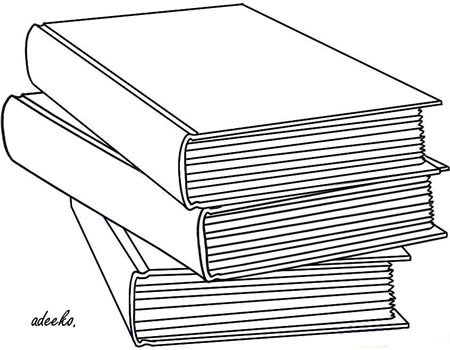Admission into universities does not guarantee graduation; what does is good performance. The increasing number of candidates, mostly from the lower classes, roaming the streets ought to raise some concern. More worrisome is the situation where competent candidates are jettisoned for less competent ones in the name of Vice Chancellor’s list, Registrar’s list, HOD’s list, etc. The new development will inevitably open wider doors for tertiary education and eliminate the corruption thriving in universities, and at the same time add values to citizens who are keenly interested in education. As long as lecturers adopt the standard operating system by teaching, examining and clearing students through marking schemes, the new admission template will not be compromised. The onus is therefore on them to adhere strictly to the scheme of work.
The Federal Ministry of Education should put adequate mechanisms in place to ensure that lecturers are optimistic in service delivery.
In a similar vein, the National Council on Education (NCE) recently deflated rumours on the exclusion of Christian Religious Studies and History from the curriculum. The nine-year Basic Education Curriculum (BEC) actually originated from Chief Olusegun Obasanjo’s administration in 2008. However, it was reviewed by the immediate past administration in 2012 through the then Minister of Education, Professor Ruqayyatu Ahmed Rufa’i; the Minister of State for Education, Mr. Nyesom Wike, now Rivers State governor, and Professor Godswill Obioma, the then Executive Secretary, Nigerian Educational Research and Development Council (NERDC).The change led to the grouping of five subjects, Christian Religious Studies, Islamic Religious Studies, Social Studies, Civic Education and Security Education under Religion and National Values (RNV), as shown in the National Policy on Education (NPE 2014) at pages 10 – 13.
President Muhammadu Buhari’s administration implemented the UBE with a slight review through the present Minister of Education, Mallam Adamu Adamu, in 2016. It merely separated History from Social Studies, and nothing more. The development, the result of consultations, was meant to engage children more deeply in Social Studies and History. Similarly, French, alleged to be elective with ‘Islamic Arabic Studies’, is clearly a compulsory subject from Primary 4 as provided in Section 2 (23) 7 at page 13 of the NPE. Furthermore, Arabic has remained optional since 2008, exclusively for those willing to have knowledge of the language.
Commendably, NCE reiterated its position in line with the nine-year BEC policy which emphatically provides that: “No child should be coerced or compelled to learn or be taught any religious studies curriculum in school but one out of the two that restrictively relates to the belief system professed by the child and his/her parents.” Of course, in private schools, a different ball game may operate with respect to the maxim, volenti non fit injuria (to a willing person, no harm is done). Missionary schools, too, cannot teach the doctrines of other religions. Overall, the Federal Government perspicaciously utilises the BCE to tackle unemployment and impact positively on the leaders of tomorrow.
- Umegboro is a public affairs analyst






